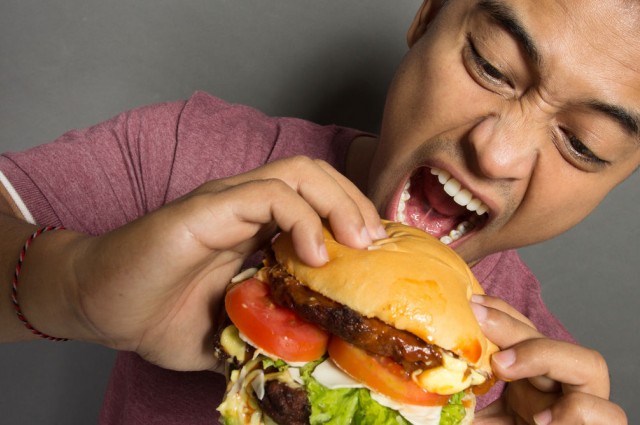Cognitive dissonance and why we eat meat. Why the world would be nicer if we didn’t. #makepeace [#geekgirl]

Why Don’t We Feel More Guilty About Eating Animals? by Caroline Spence
Source: IFL Science
Editor’s note: This is a great article and very timely. My apologies for the dissection of the full article, but I encourage you to read it in full and in context.
(sic)
Cognitive dissonance occurs whenever someone holds contradictory beliefs – it can manifest as a range of emotions including anger, embarrassment and guilt. We can see it in people’s desire to smoke despite the significant dangers to their health or in the continuing use of petrol-fuelled cars despite accepting the threat of climate change. To see this conflict first-hand, try reminding the next person you see eating a bacon sandwich of its cute piggy origin.
(sic)
This representation of livestock as dumb allows us to ignore growing evidence that farm animals lead complex mental and emotional lives and avoid modifying our behaviour. We then reinforce this status quo by avoiding anything that may trigger further dissonance, including those pesky vegetarians. Just reading a description of this group of people causes us to increase our disparagement of animals’ mental abilities.
(sic)
Avoiding psychological strife in this way might allow us to continue eating meat, but it also reveals a disturbing link between the devaluing of animals and the dehumanisation of our own kind. Reducing the intelligence and moral worth of people we consider “outsiders” is often linked to discrimination and is understood to be an important mechanism in the lead up to many atrocities in human history.
But just as our awareness of – and attitudes towards – human discrimination have changed, so may our views on the mass farming of animals for food. The lengths we go to to avoid confronting our cognitive dissonance over eating meat suggest it might be wise to re-evaluate how comfortable we are with our current level of consumption.
